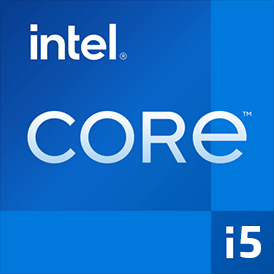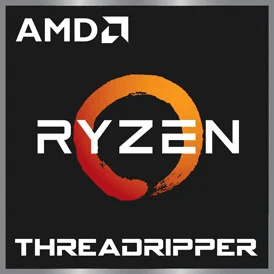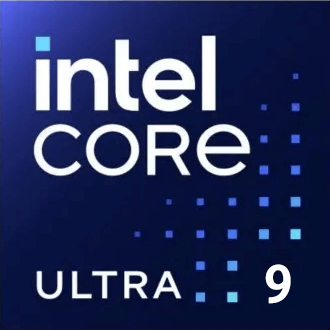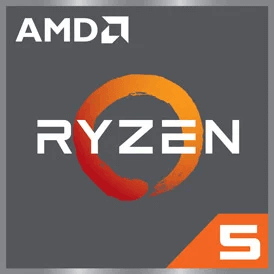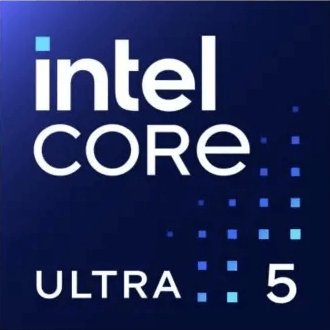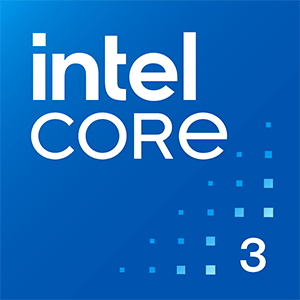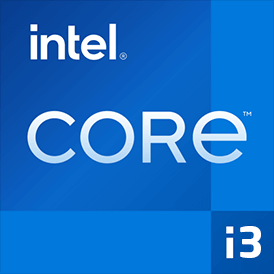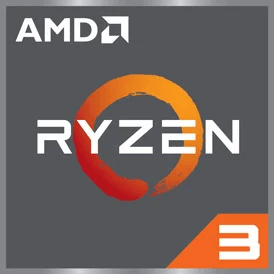Apple M4 Ultra vs Intel Core i5 14600KF
We compared two desktop CPUs: Apple M4 Ultra with 32 cores 4.52GHz and Intel Core i5 14600KF with 14 cores 3.5GHz . You will find out which processor performs better in benchmark tests, key specifications, power consumption and more.
Main Differences
Apple M4 Ultra 's Advantages
Released 1 years and 7 months late
Integrated graphics card
Higher specification of memory (8533 vs 5600)
Higher base frequency (4.52GHz vs 3.5GHz)
More modern manufacturing process (3nm vs 10nm)
Score
Benchmark
Cinebench R23 Single Core
Apple M4 Ultra
+6%
2200
Intel Core i5 14600KF
2072
Cinebench R23 Multi Core
Apple M4 Ultra
+86%
44822
Intel Core i5 14600KF
23983
Geekbench 6 Single Core
Apple M4 Ultra
+47%
4061
Intel Core i5 14600KF
2748
Geekbench 6 Multi Core
Apple M4 Ultra
+96%
32898
Intel Core i5 14600KF
16707
General Parameters
May 2025
Release Date
Oct 2023
Apple
Manufacturer
Intel
Desktop
Type
Desktop
ARMv9
Instruction Set
x86-64
Apple M4
Core Architecture
Raptor Lake Refresh
-
Processor Number
i5-14600KF
Apple M-Socket
Socket
LGA-1700
Apple M4 Ultra GPU (80-core)
Integrated Graphics
No
-
Generation
Core i5 (Raptor Lake Refresh)
Package
3 nm
Manufacturing Process
10 nm
-
Power Consumption
125 W
-
Max Turbo Power Consumption
181 W
100 °C
Peak Operating Temperature
100°C
-
Foundry
Intel
-
Die Size
257 mm²
CPU Performance
24
Performance Cores
6
24
Performance Core Threads
12
4.52 GHz
Performance Core Base Frequency
3.5 GHz
-
Performance Core Turbo Frequency
5.3 GHz
8
Efficiency Cores
8
8
Efficiency Core Threads
8
2.89 GHz
Efficiency Core Base Frequency
2.6 GHz
-
Efficiency Core Turbo Frequency
4 GHz
32
Total Core Count
14
32
Total Thread Count
20
-
Bus Frequency
100 MHz
45
Multiplier
35x
-
L1 Cache
80 K per core
-
L2 Cache
2 MB per core
-
L3 Cache
24 MB shared
No
Unlocked Multiplier
Yes
-
SMP
1
Memory Parameters
LPDDR5X-8533
Memory Types
DDR5-5600, DDR4-3200
192 GB
Max Memory Size
192 GB
8
Max Memory Channels
2
-
Max Memory Bandwidth
89.6 GB/s
No
ECC Memory Support
Yes
Graphics Card Parameters
true
Integrated Graphics
-
500 MHz
GPU Base Frequency
-
1800 MHz
GPU Max Dynamic Frequency
-
10240
Shader Units
-
640
Texture Units
-
320
Raster Operation Units
-
1280
Execution Units
-
120
Power Consumption
-
36.9 TFLOPS
Graphics Performance
-

